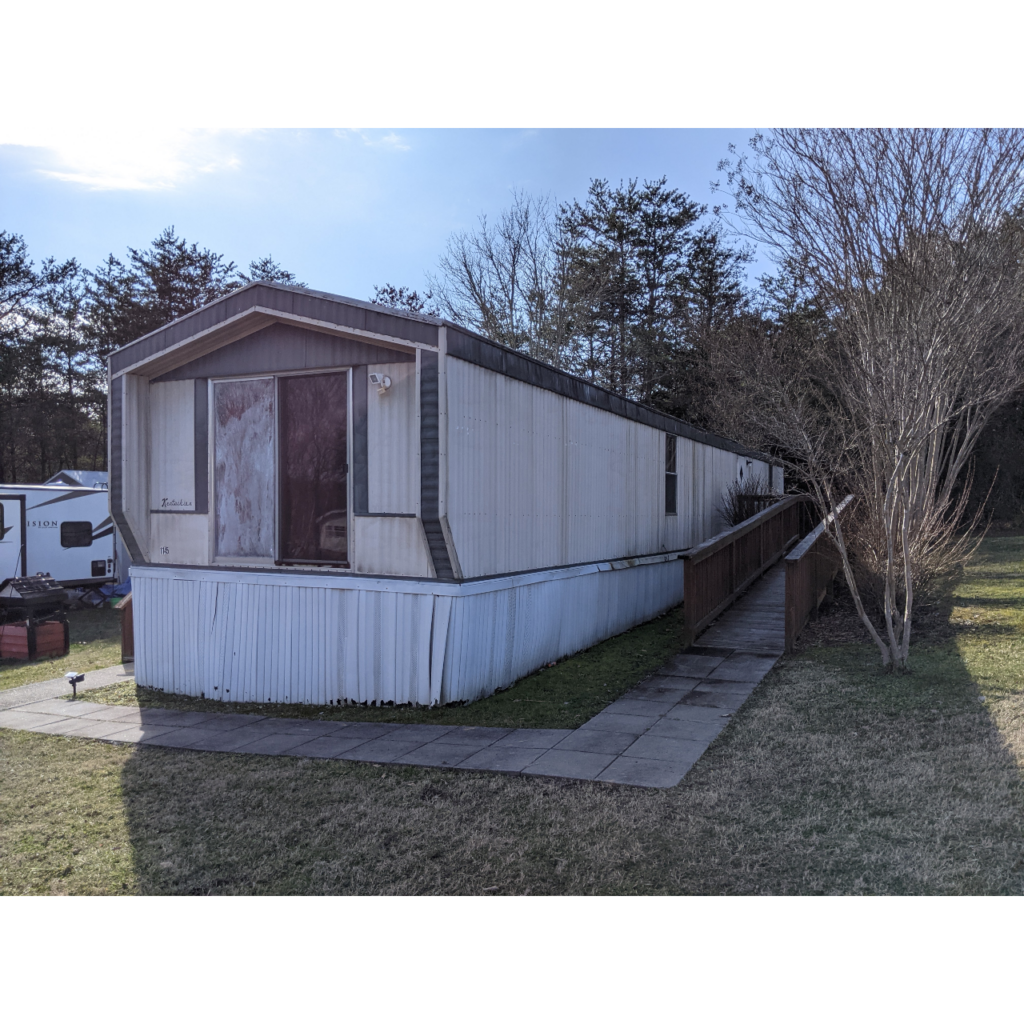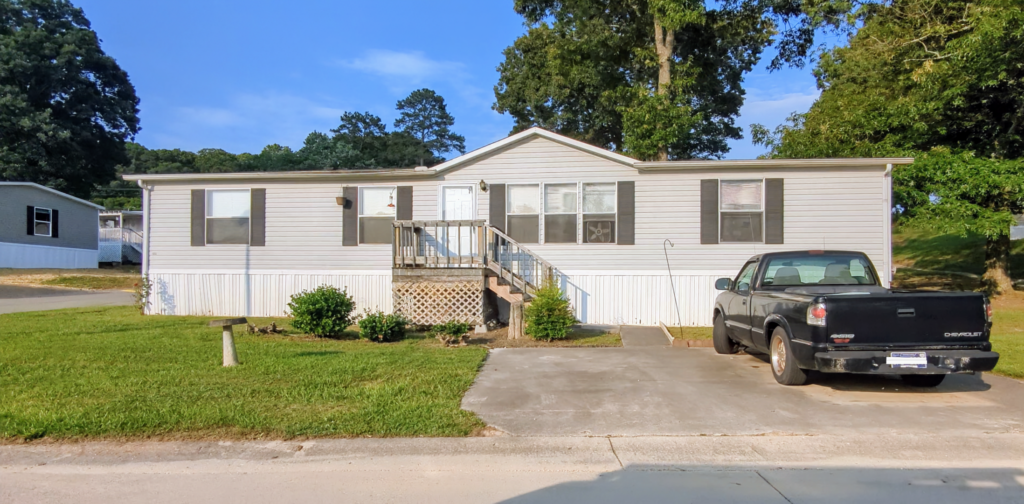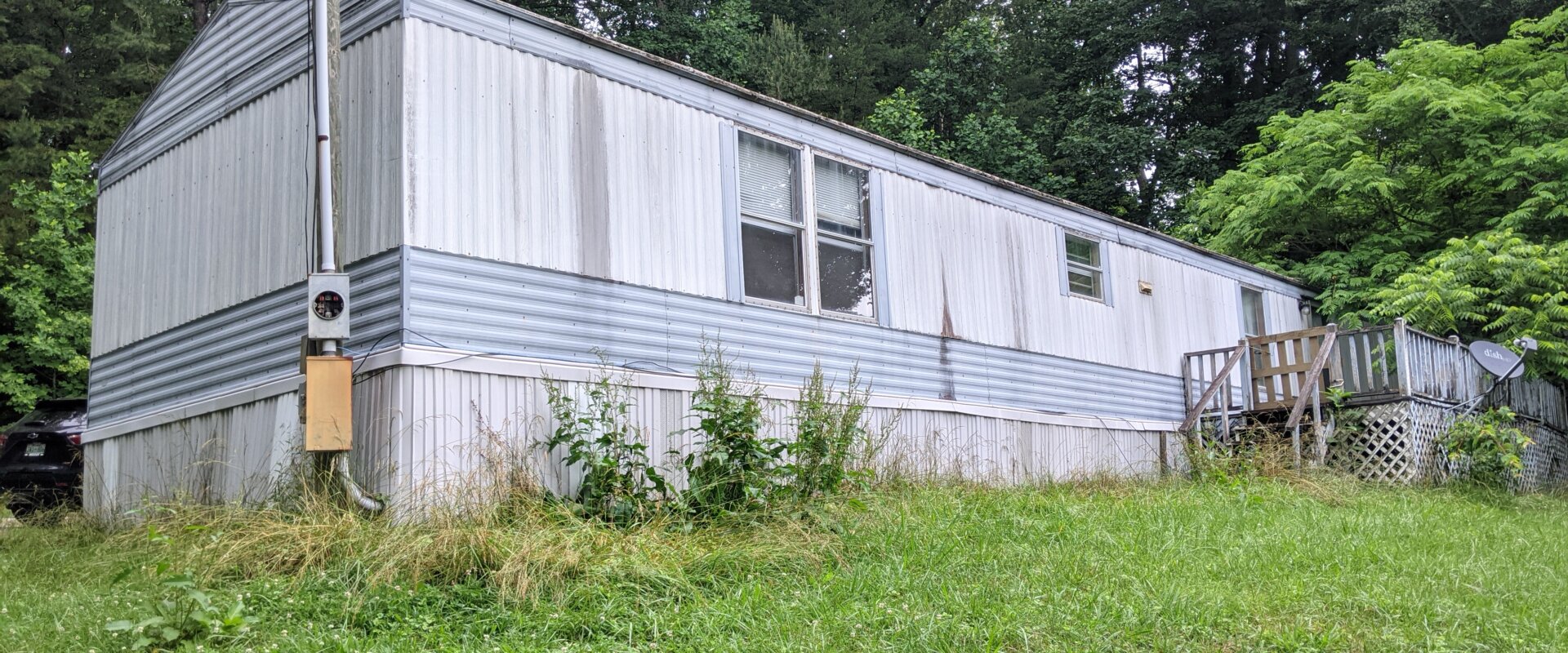Selling a mobile home in Tennessee can be a significant financial transaction, and it’s essential to understand the tax implications involved. This blog will explore whether you need to pay taxes on the sale of your mobile home in Tennessee, the types of taxes that may apply, and tips for ensuring you comply with state and federal tax laws.
Understanding Mobile Home Sales and Taxes
When you sell a mobile home in Tennessee, the tax implications can vary depending on several factors, including whether the mobile home is classified as personal property or real property. The distinction between personal and real property is crucial because it determines the type of taxes you may owe.

Personal Property vs. Real Property
- Personal Property: Mobile homes are typically considered personal property if they are not permanently affixed to land. Personal property is movable and not attached to the ground permanently.
- Real Property: If your mobile home is permanently affixed to land and considered part of the real estate, it may be classified as real property. In this case, the sale of the mobile home might involve different tax considerations.
Sales Tax on Mobile Home Sales
In Tennessee, the sale of a mobile home classified as personal property is subject to sales tax. Here’s how it works:
Sales Tax Rate
- The sales tax rate in Tennessee is 7%, but local jurisdictions can impose additional taxes, making the total sales tax rate vary depending on the location.
- When you sell a mobile home, the buyer typically pays the sales tax at the time of purchase. As the seller, you should ensure the buyer understands this obligation.
Documentation
- It’s essential to provide proper documentation, including a bill of sale and any applicable tax forms, to ensure the sales tax is correctly calculated and paid. This documentation helps avoid any future disputes with the Tennessee Department of Revenue.
Capital Gains Tax
If your mobile home is considered real property, you may be subject to capital gains tax on the sale. Capital gains tax is a federal tax on the profit you make from selling an asset.
Calculating Capital Gains
To calculate capital gains, you need to determine your basis in the mobile home. The basis is generally the original purchase price plus the cost of any improvements you made.
- Short-term Capital Gains: If you owned the mobile home for less than a year, the profit is considered short-term capital gains and is taxed at your ordinary income tax rate.
- Long-term Capital Gains: If you owned the mobile home for more than a year, the profit is considered long-term capital gains, which typically have a lower tax rate.
Exemptions and Deductions
- Primary Residence Exclusion: If the mobile home was your primary residence for at least two of the five years before the sale, you might qualify for a capital gains tax exclusion. This exclusion allows you to exclude up to $250,000 of gain ($500,000 for married couples) from your taxable income.
- Depreciation Recapture: If you claimed depreciation on the mobile home as part of a business or rental property, you might need to recapture some of that depreciation, which can affect your taxable gain.

Property Taxes
In Tennessee, property taxes are based on the assessed value of real property, including mobile homes classified as real property. The property tax rate varies by county and municipality.
Assessed Value
- The assessed value of your mobile home is determined by the local property assessor’s office. It is a percentage of the appraised value.
- Property taxes are typically paid annually, and any outstanding property taxes should be settled before the sale.
Proration of Property Taxes
- When you sell your mobile home, property taxes are often prorated between the buyer and seller based on the date of sale. This ensures that each party pays their fair share of the annual tax bill.
Tips for Navigating Tax Obligations
Consult a Tax Professional
Tax laws can be complex, and individual circumstances vary. It’s highly recommended to consult with a tax professional or accountant who can provide personalized advice based on your situation.
Keep Detailed Records
Maintain thorough records of your mobile home’s purchase price, any improvements made, and any expenses related to the sale. These records will be crucial for accurately calculating your basis and any potential capital gains.
Stay Informed
Tax laws and regulations can change, so it’s important to stay informed about any updates that may affect your tax obligations when selling a mobile home in Tennessee.
Final Thoughts
Selling a mobile home in Tennessee involves understanding various tax obligations, including sales tax, capital gains tax, and property taxes. The classification of your mobile home as personal or real property significantly impacts the taxes you may owe. By consulting with a tax professional and keeping detailed records, you can ensure compliance with state and federal tax laws and potentially minimize your tax liability. Whether you are selling your primary residence or an investment property, understanding these tax implications will help you navigate the process smoothly and avoid any unexpected financial surprises.

